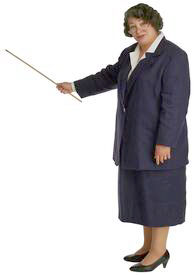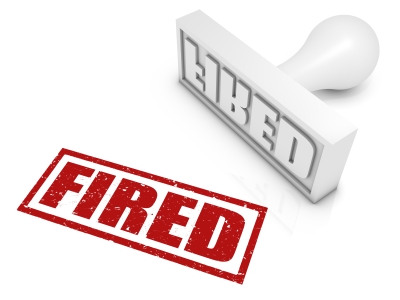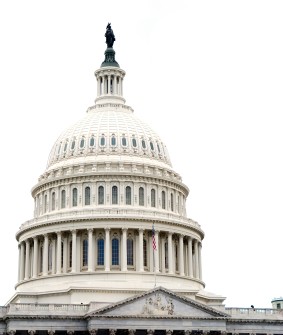1. Know your business’ balance sheet thoroughly.
Know your business’ balance sheet thoroughly.
This may sound obvious, but, as your accountant can confirm, many business people don’t know how cash flow works and its significance to keeping their operation afloat. Many owners focus on their business’ profit and loss statement alone. It’s a potentially fatal mistake because healthy profits can mask an impending cash flow crisis. Profit and loss statements don’t usually contain the information required to make an adequate cash flow projection. For that, you’re going to need a structured balance sheet that includes all the influencing factors including debts, interest payments, inventory and so on. This is the basis for your cash flow projection which represents an “educated guess” at the likely incomings and outgoings over the period of time you have selected to map out.





